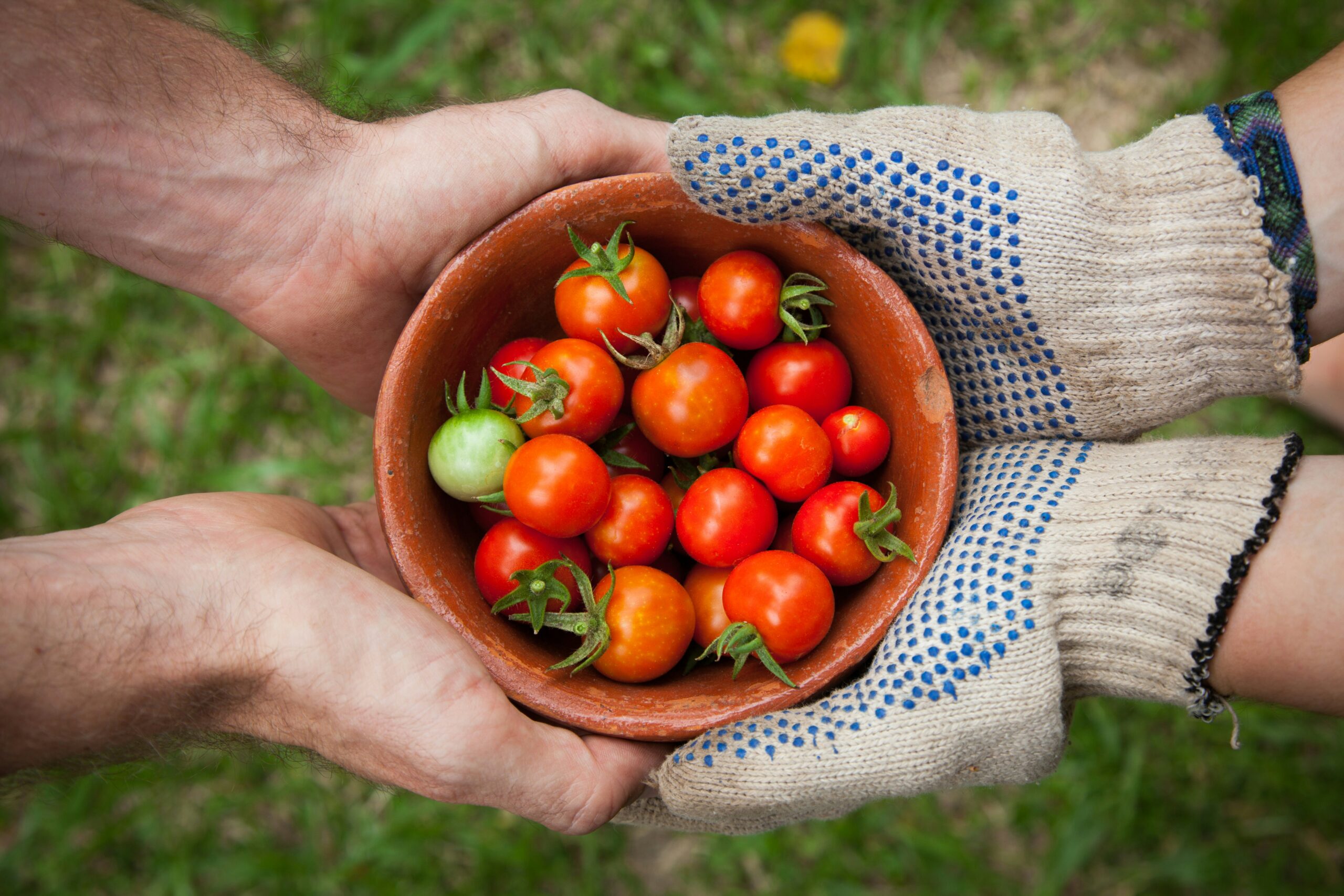
The Role of Elders and Respecting Age

In every society, elders play a vital role in shaping the community and passing down wisdom from one generation to the next. Their experiences, knowledge, and perspectives are invaluable resources that can guide and enrich the lives of younger individuals. This article explores the significance of elders and the importance of respecting and honoring them in different cultures.
The Wisdom of Elders
Elders possess a wealth of knowledge acquired through their life experiences. They have witnessed historical events, overcome challenges, and accumulated wisdom that can provide valuable insights to younger generations. Their guidance can help society avoid repeating past mistakes and make informed decisions. By respecting and valuing the wisdom of elders, we can tap into a vast reservoir of knowledge that can benefit individuals and communities alike.
Respecting Elders in Different Cultures
The concept of respecting and honoring elders is deeply rooted in various cultures around the world. In many Asian cultures, such as China, Japan, and India, respecting elders is considered a fundamental value. Younger individuals are expected to show deference and obedience to their elders, seeking their advice and following their guidance. Similarly, in African and Native American cultures, elders hold a revered position and are consulted for their wisdom and spiritual insights.
In Western societies, while the importance of respecting elders may not be as explicitly emphasized, it is still regarded as a fundamental value. Elders are often seen as a source of wisdom and are respected for their contributions to society. However, the ways in which respect is shown may differ, with a greater emphasis on individualism and personal autonomy.
Fostering Intergenerational Connections
Building strong intergenerational connections is essential for bridging the gap between younger and older generations. By fostering these connections, younger individuals can benefit from the wisdom and experiences of elders, while elders can feel valued and appreciated. Here are some strategies for fostering intergenerational connections:
- Encourage communication: Encourage open and respectful communication between younger individuals and elders. This can be facilitated through family gatherings, community events, or mentorship programs.
- Provide opportunities for learning: Create opportunities for younger individuals to learn from elders, whether through storytelling, workshops, or volunteering together.
- Promote mutual respect: Emphasize the importance of mutual respect between generations. Encourage younger individuals to listen to and value the perspectives of elders, while also allowing elders to understand and appreciate the perspectives of younger generations.
Examples of Societies that Value and Respect Elders
There are numerous societies and communities that place a high value on respecting and honoring their elders. One notable example is the Okinawan culture in Japan. The Okinawans have a strong tradition of respecting their elders, known as “Uchinaa Chibariyo.” This cultural value is believed to contribute to the longevity and well-being of the Okinawan people.
Another example is the Maasai community in East Africa. In Maasai culture, elders are highly respected and play a crucial role in decision-making processes. Their wisdom and guidance are sought after and considered essential for the community’s well-being.
Conclusion
The role of elders in society should never be underestimated. Their wisdom, knowledge, and experiences are invaluable resources that can shape and enrich the lives of younger generations. Respecting and honoring elders is not only a cultural value but also a way to tap into a wealth of wisdom that can guide society towards a better future. By fostering intergenerational connections and recognizing the contributions of older generations, we can create a society that values and cherishes the wisdom of its elders.




















